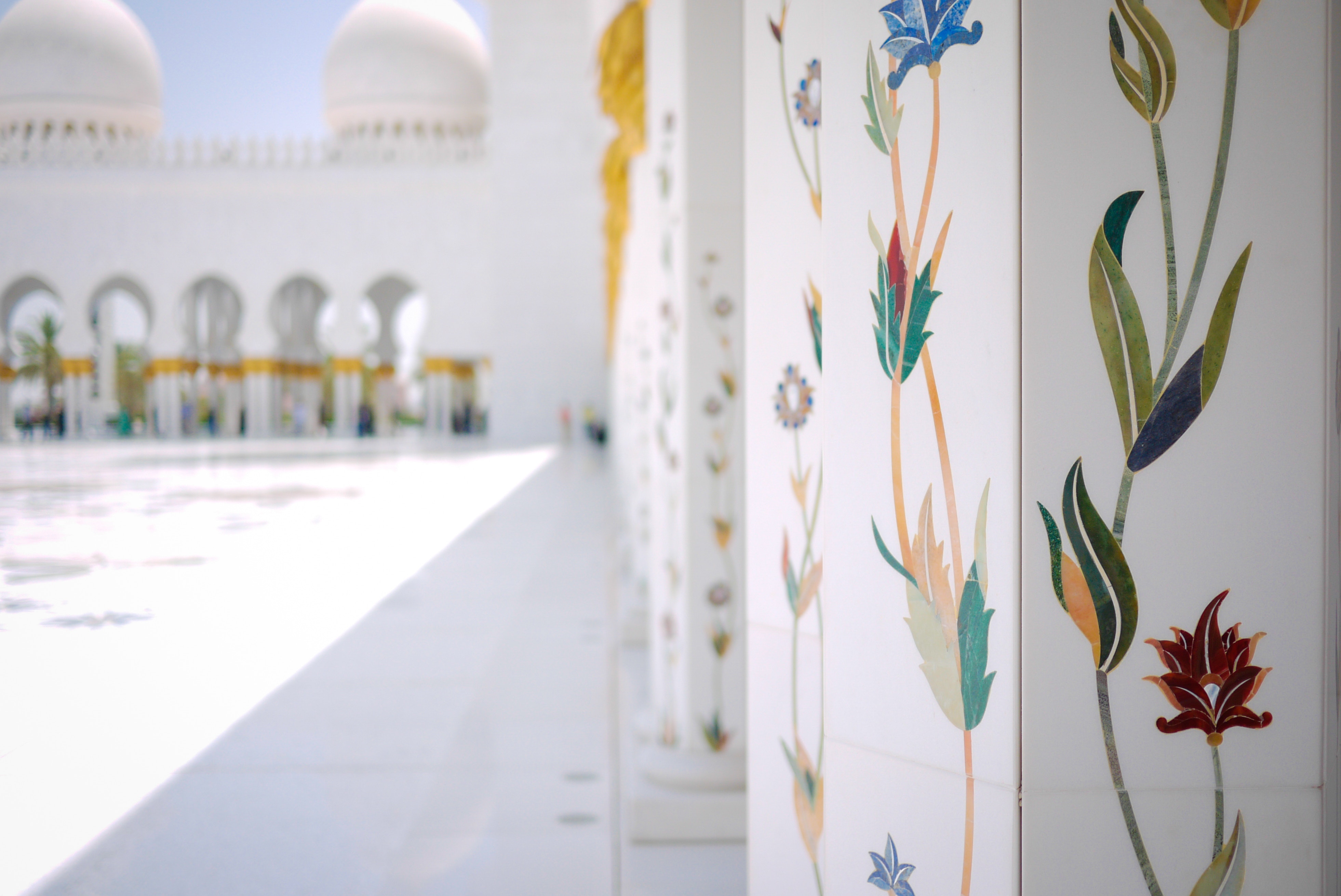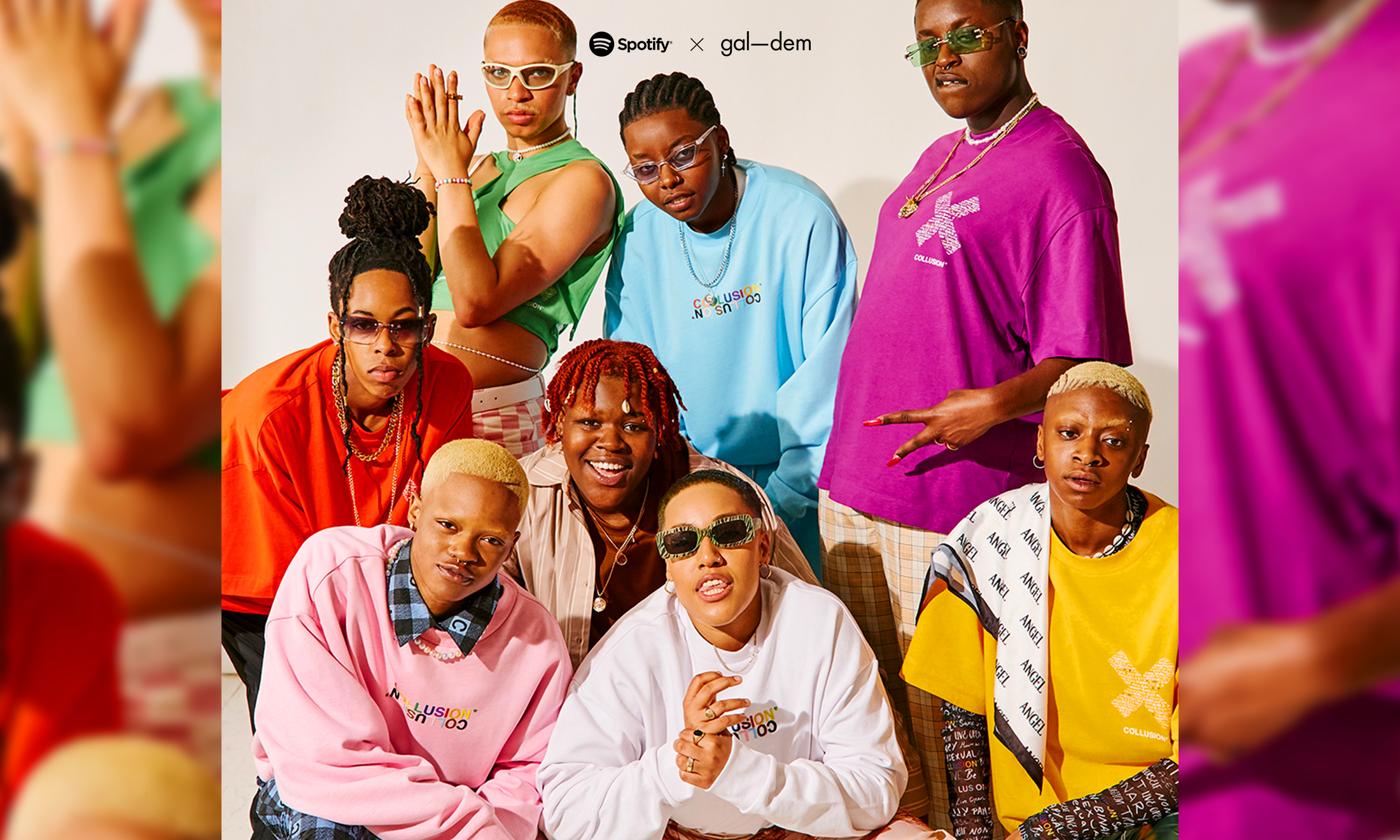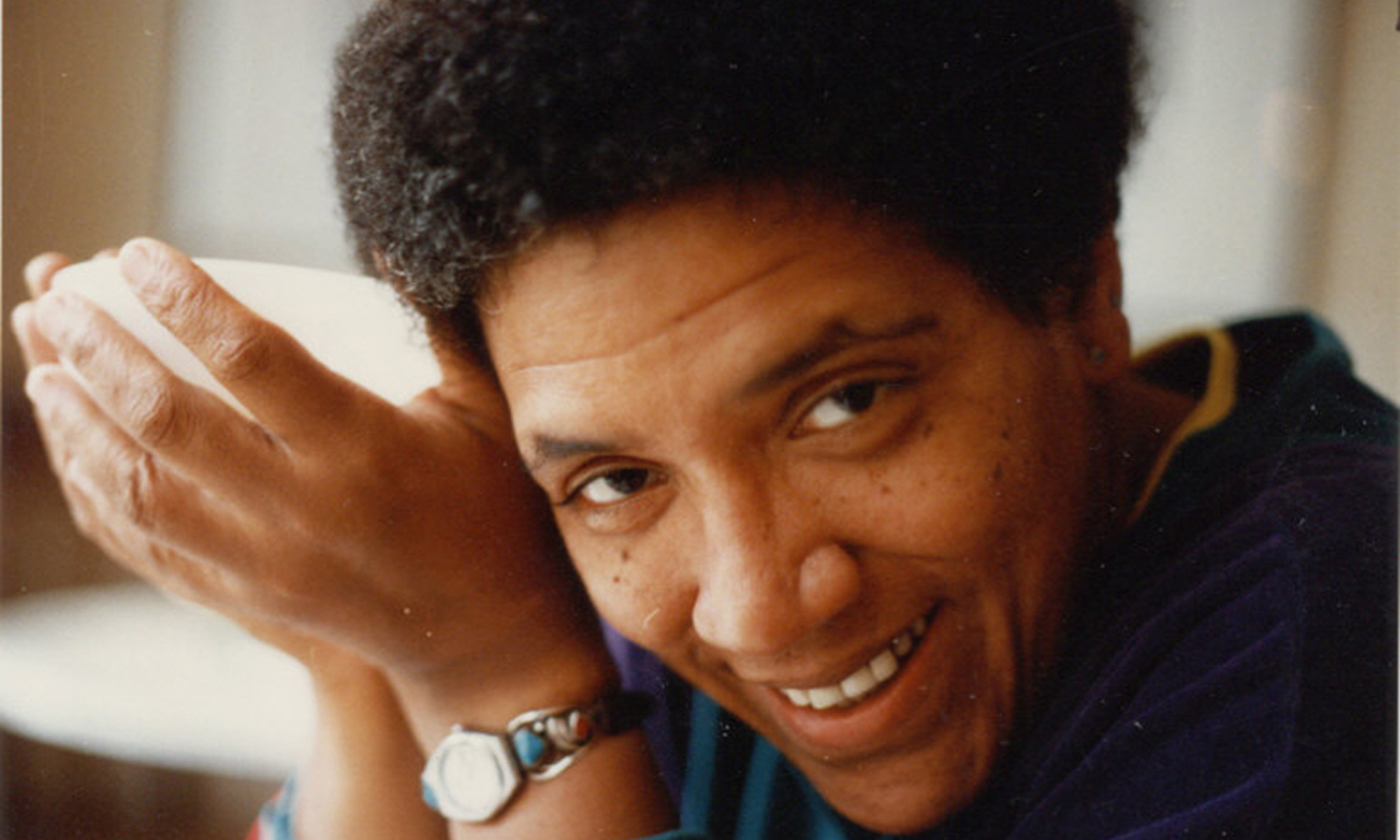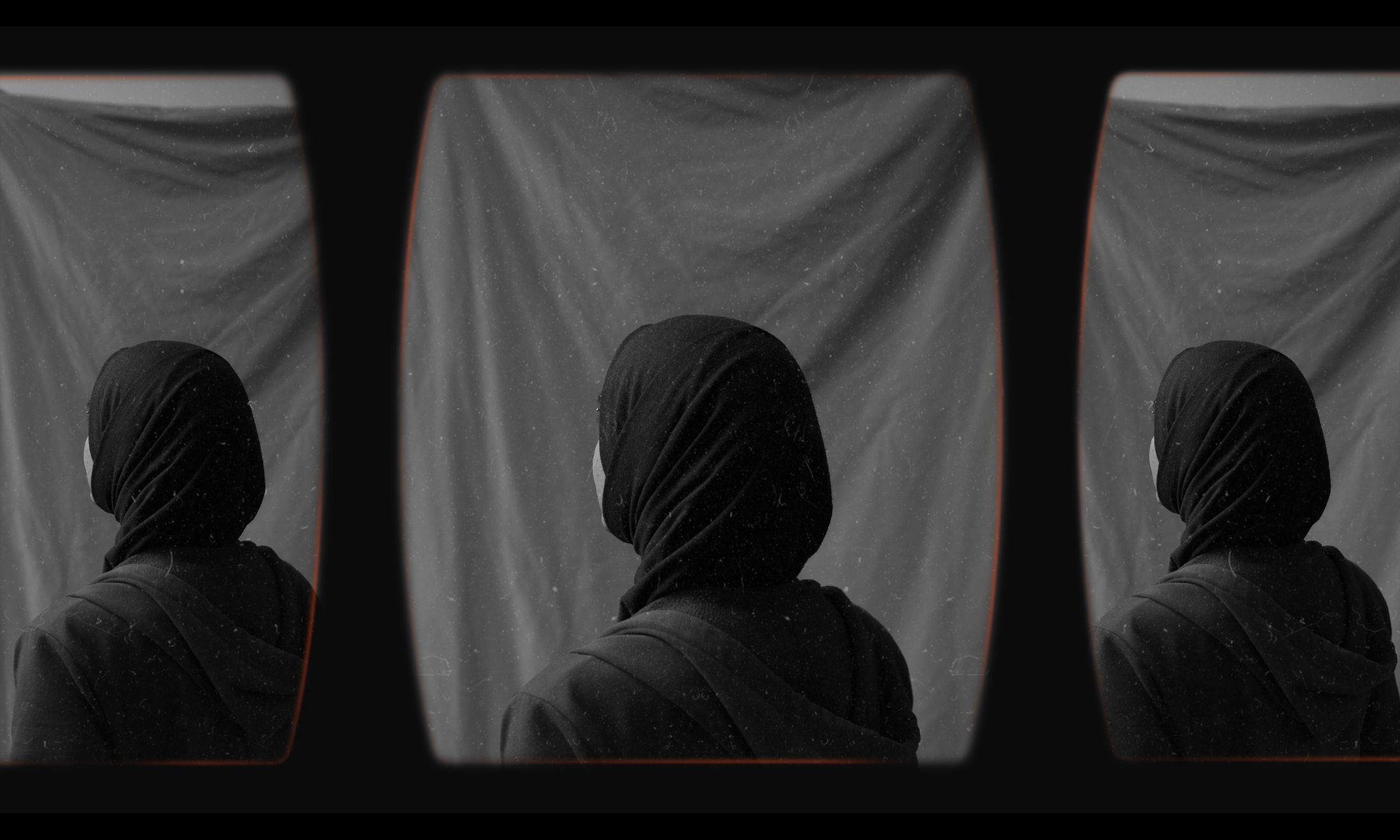
I’m going to start this piece the same way I plan on ending it, by saying – whatever fucking works. With this in mind, let’s also consider that Islam and feminism are compatible: they can and do coexist. Real-life experiences tell us so.
I do understand the potential confusion that can come about from seeing the words “Islamic” and “feminism” so close to each other (especially for non-Muslims). For example, we have seen that the first order of business for most Islamic leadership (whether communal or governmental) is to pass some form of judgement or restrictions on women’s lives. Two of the most misunderstood but visible examples of this are Iran and Afghanistan. More recently, after overthrowing their respective dictators, Libya’s constitutional court overturned a law restricting polygamy while Egypt saw a wave of mass sexual assaults in the very square that was at the heart of the 2011 revolution.
“In many a Muslim-majority country, being anti-women’s rights is first and foremost a deeply ingrained symptom of postcolonial malaise”
However, beyond post-revolutionary decrees and actions that massively harm the status of women in many a Muslim-majority country, being anti-women’s rights is first and foremost a deeply ingrained symptom of postcolonial malaise. Women’s rights are frequently either viewed as an extension of Western influence or of despotic regimes that have pandered to those very same foreign powers. Though of course this issue cannot be reduced down to a direct cause and effect, many Muslim former colonies have shaped their newfound independent identities in the negative, by either clinging on to or creating “Muslim” norms that represent whatever the West is not. This is ironic considering that a lot of the former colonisers are not exactly beacons of gender equality, but injustice unfortunately exists on a spectrum.
“Islam is something you have to go through rather than around when advocating for women’s rights in the Muslim world”
I find it very myopic to dismiss Islam as a tool for women’s liberation. As a person whose views are very secular on both the political and social front, I have personally fallen into this trap many times. But recently it has become quite clear to me that Islam is something you have to go through rather than around when advocating for women’s rights in the Muslim world. So much so that the word “feminism” doesn’t even necessarily come into play in this context. It’s a point made necessary because of and thanks to intersectionality: a recognition of different needs, different experiences of oppression, and different frameworks requiring different solutions.
The question here is whether the motivation behind this should be to reframe Islam as a religion that can be friendly to women (a battle that needs to be fought on both fronts – internal and external) or to use Islam to further the rights of women and fight for their equality.
In Inside the Gender Jihad, Amina Wadud, Professor Emerita of Islamic Studies, highlights the fact that men have dominated Islam and its interpretations. Wadud argues that such interpretations are not final; they were ultimately forged under certain environmental conditions and now is the time for women to reinterpret it for themselves. Isobel Coleman’s Paradise Beneath Her Feet features projects that have utilised Islam in countries such as Pakistan and Afghanistan to create small communal solutions either through interpreting the Qur’an to defend women’s rights or by seeking out the support of a local religious leader to support educating young girls. These approaches have opened my eyes to the possibility of subverting the patriarchal cultures that take refuge in Islam, as in all religions globally.
“Women should not have to choose between their faith and their belief in equality”
Incidentally, some of the women involved in this endeavour call themselves “Muslim feminists”, some don’t call themselves feminists at all, but most call themselves people working to improve the situation of women, full stop. It’s a herculean task in the face of arbitrary and largely false arguments such as “baby girls used to be buried alive in the pre-Islamic Arabian peninsula so just be thankful” – the explicit proposition here being that anything above infanticide should considered progress.
Women should not have to choose between their faith and their belief in equality. So for the same reason you shouldn’t judge a fellow feminist wearing a hijab don’t judge Islamic feminism for using whatever means necessary to bring about positive change. Whatever fucking works.

Britain’s policing was built on racism. Abolition is unavoidable

How Pakistan’s Khwaja Sira and transgender communities are fearing and fighting for their futures

Their anti-rape performance went viral globally. Now what?






